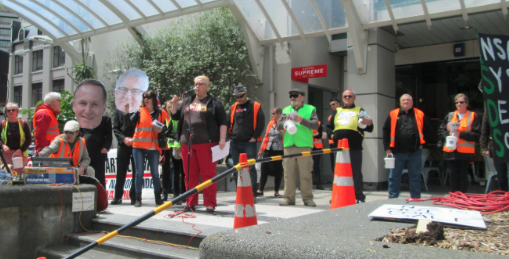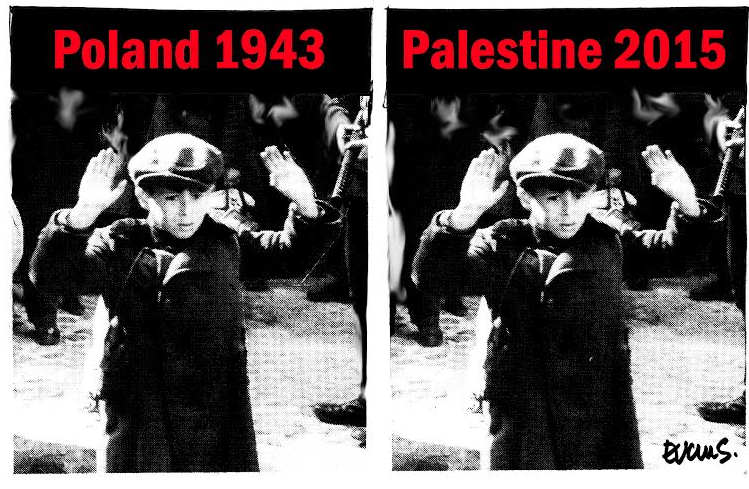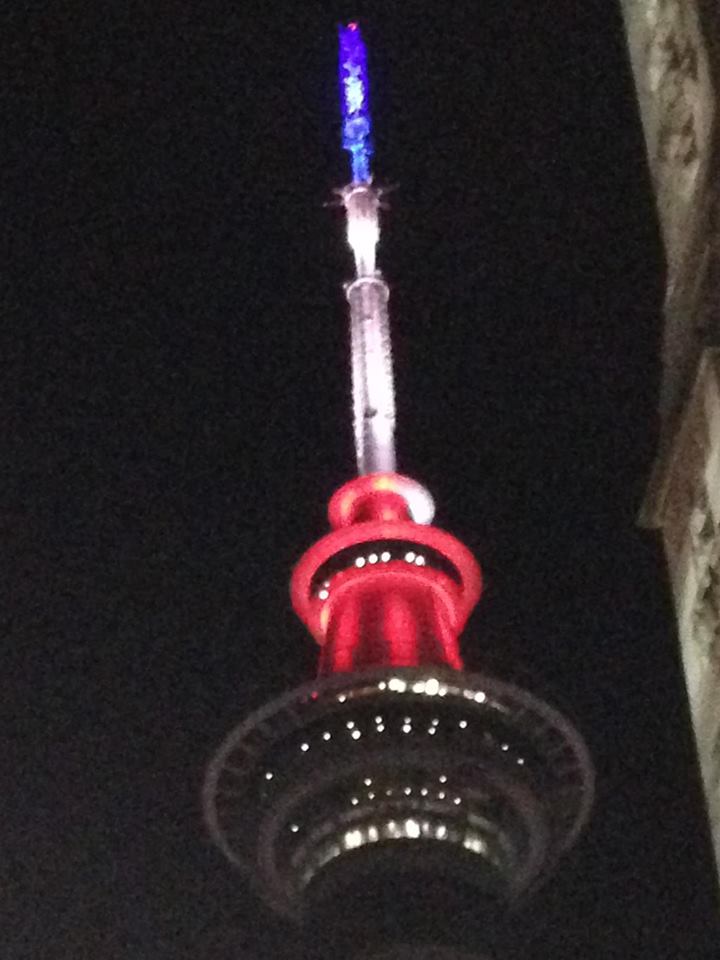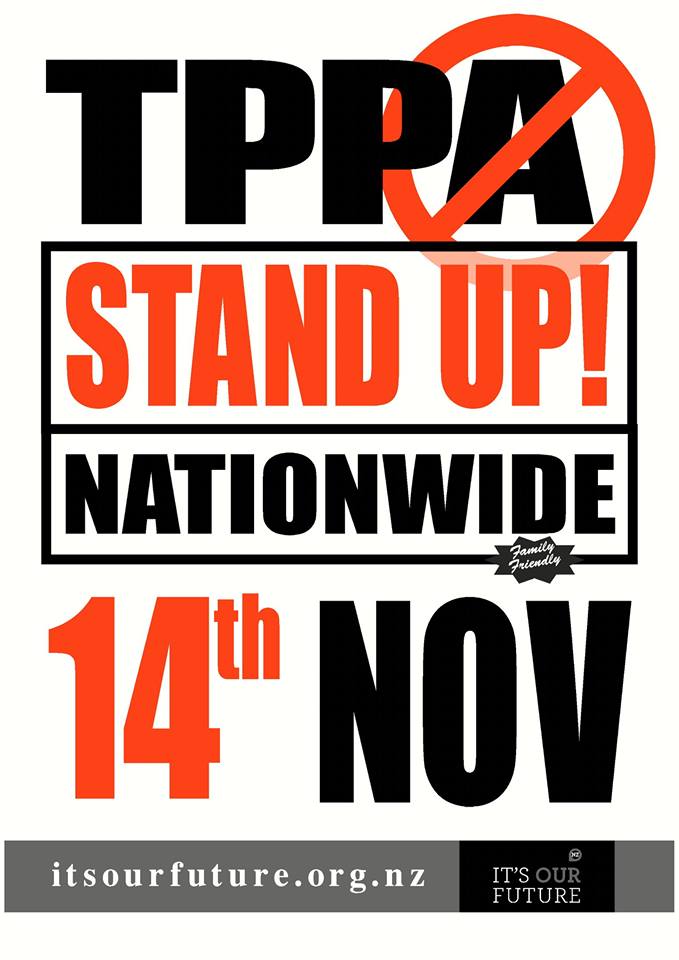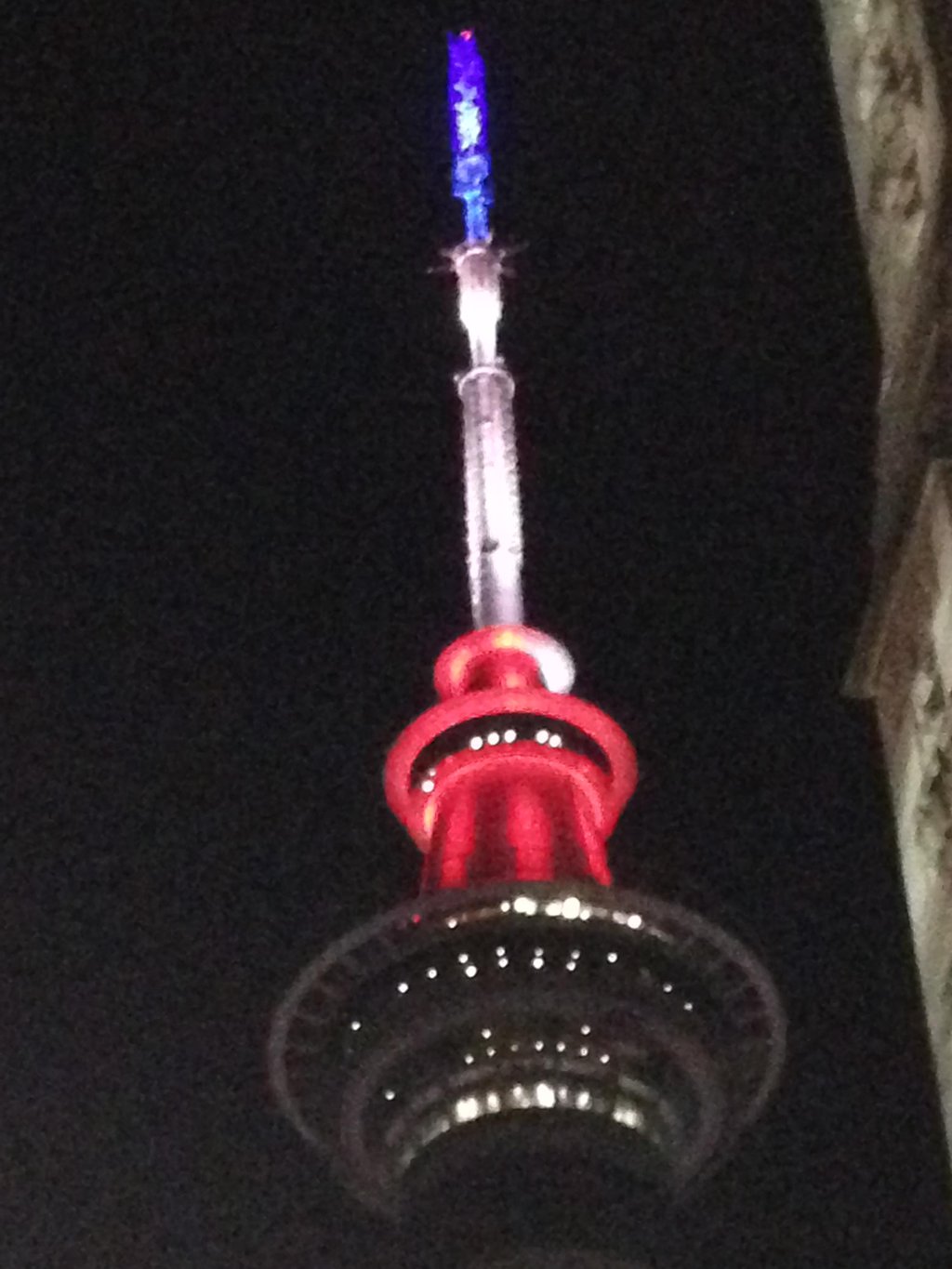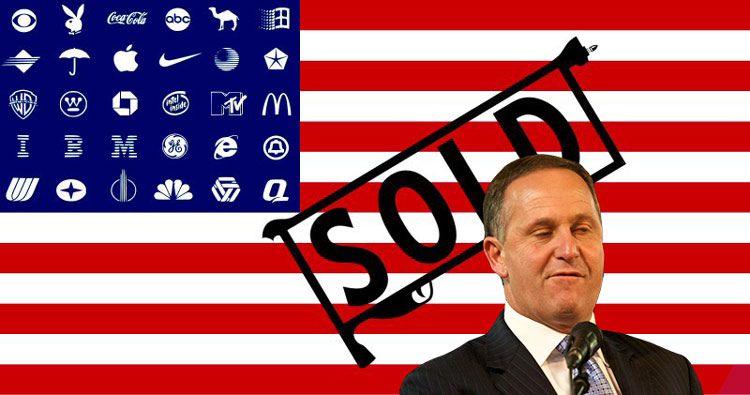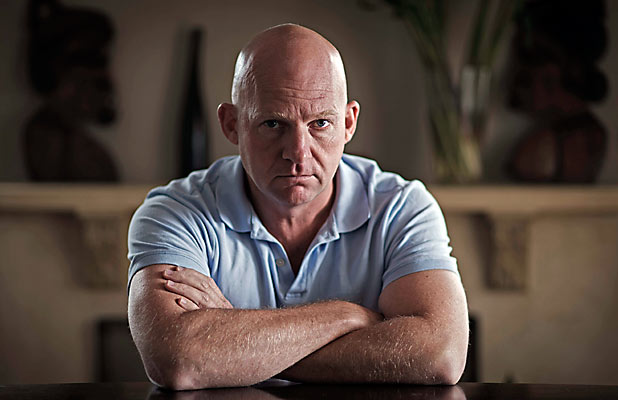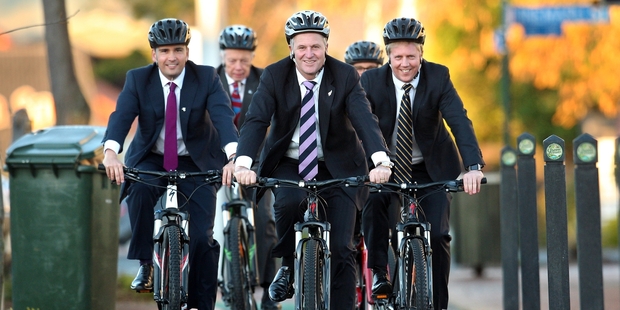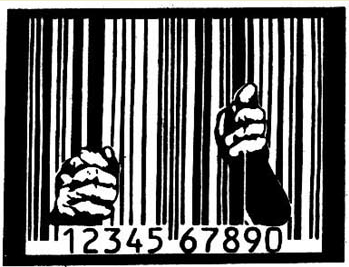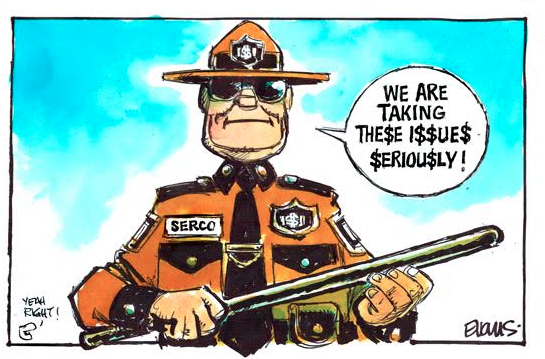.
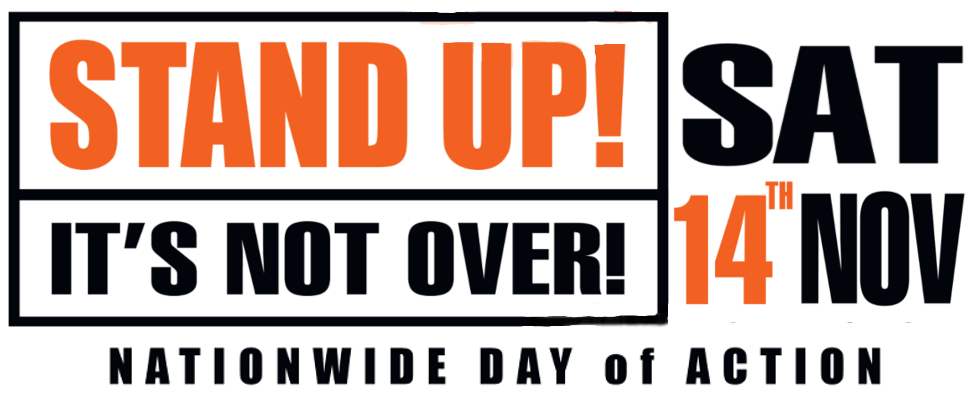
.
NZ, Wellington, 14 November – Tertiary Education Union national president and veteran anti-TPPA campaigner, Dr Sandra Grey, addressed a gathering of citizens, in Midland Park, in Wellington’s CBD;
.

.
Dr Grey told the crowd of nearly one thousand, that the Trans Pacific Partnership Agreement (TPPA) had not yet been signed, and was not due for ratification until early next year.
She encouraged those listening to let other people know that this was by no means a done deal and they should let others know. Dr Grey encouraged people to “flood the internet” and spread the word to lobby National not to ratify the agreement.
As numbers in the park swelled, people brought their own, home-made signs to make their views known;
.
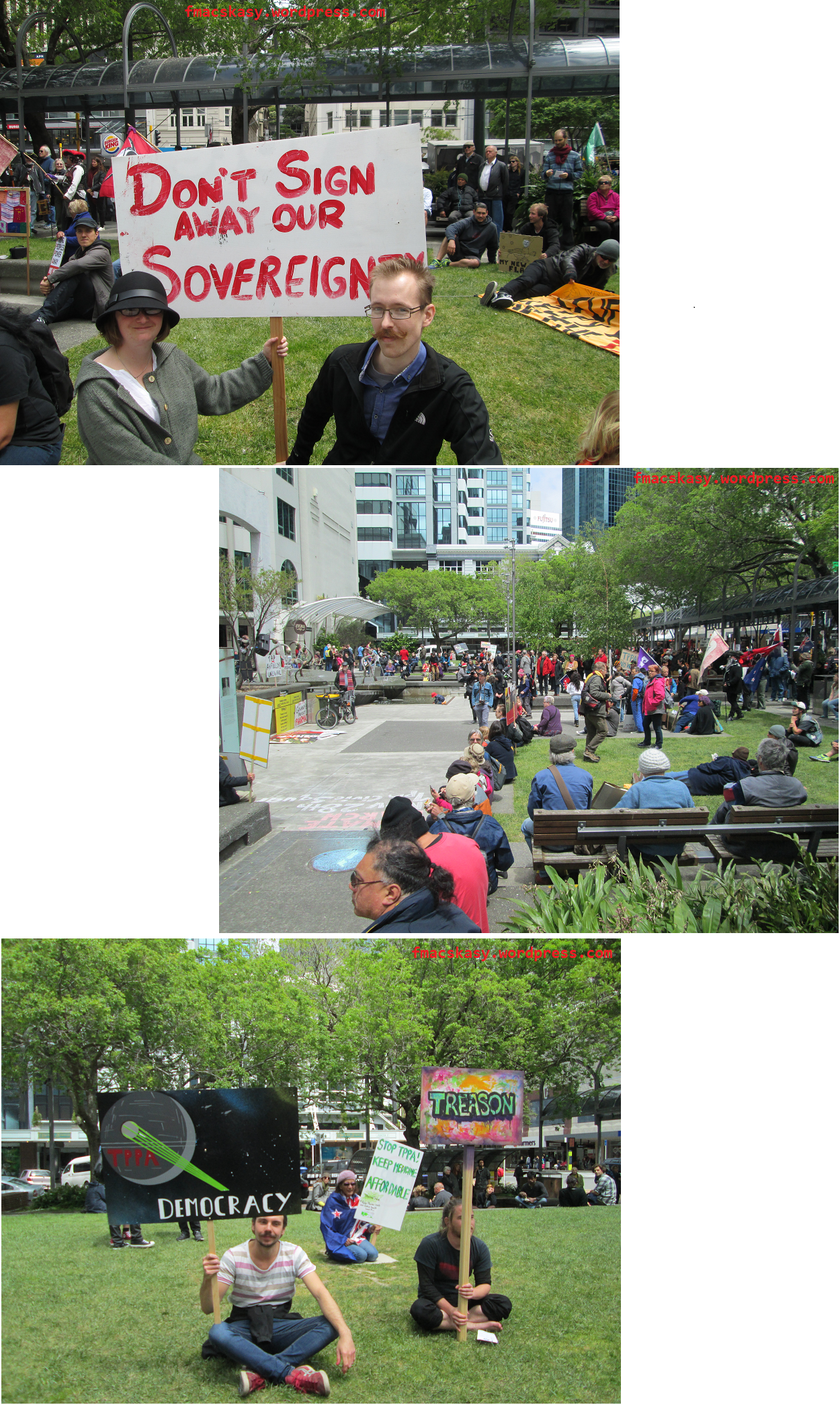
.
These citizens not only expressed their dissatisfaction with the TPPA and the shady, secretive process surrounding it, but were working to engage young people in the electoral process. They wanted New Zealand’s youth to exercise their vote and thereby choose their own future;
.

.
Some more imaginative signs;
.

.
Banners from the Green Party, Nurses Organisation, and Wellington Social Workers;
.

.
The marchers, setting off from Midland Park;
.
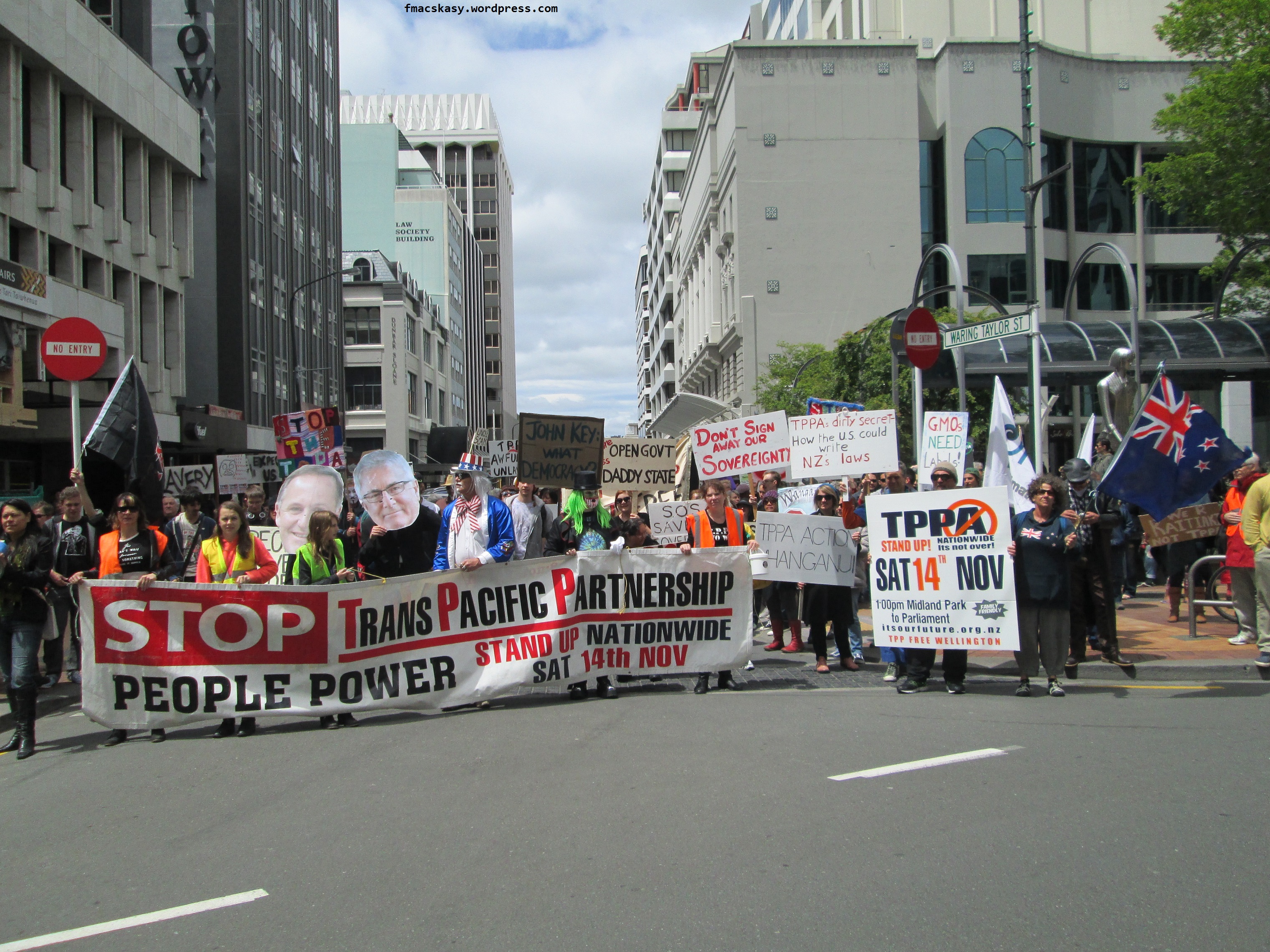
.
By the time the protest march left Midland Park, numbers had increased to between 1,500 to 2,000 people. However, something very unusual became apparent even before the protesters made their way out onto Lambton Quay.
The view south, with March-Marshalls (in yellow vests) on the road;
.

.
The view north, with TV1 reporter and cameraman standing on the center traffic-island;
.

.
No police presence.
There was not one single policeman or woman, nor a patrol car, for crowd or traffic control. Traffic and crowd control were left up to the Marshals – all of whom did a magnificent job.
With traffic stopped, the marchers moved out onto Lambton Quay;
.
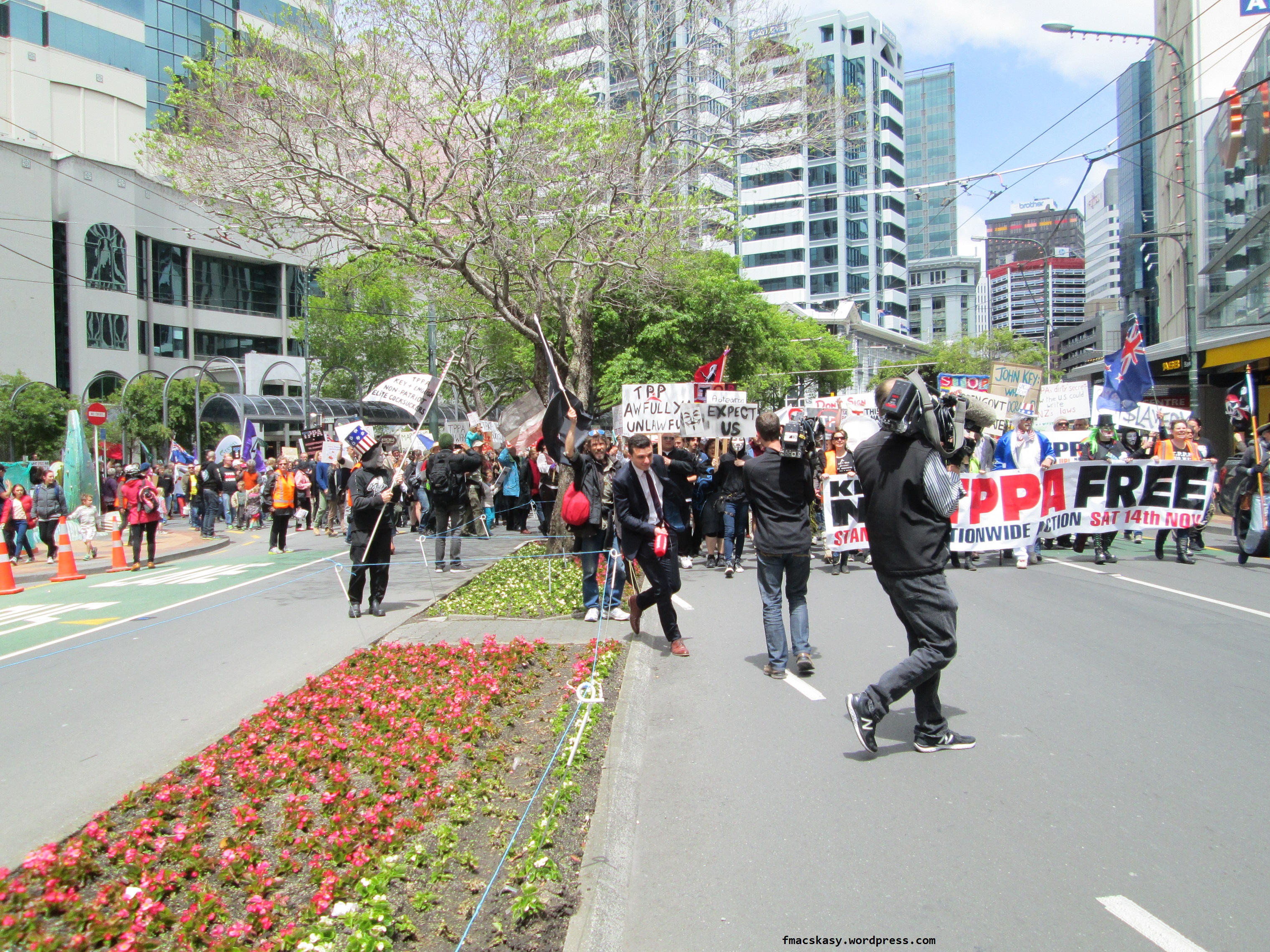
.
With the head of the march behind him, TV1’s reporter was filmed by his cameraman for the 6PM News;
.
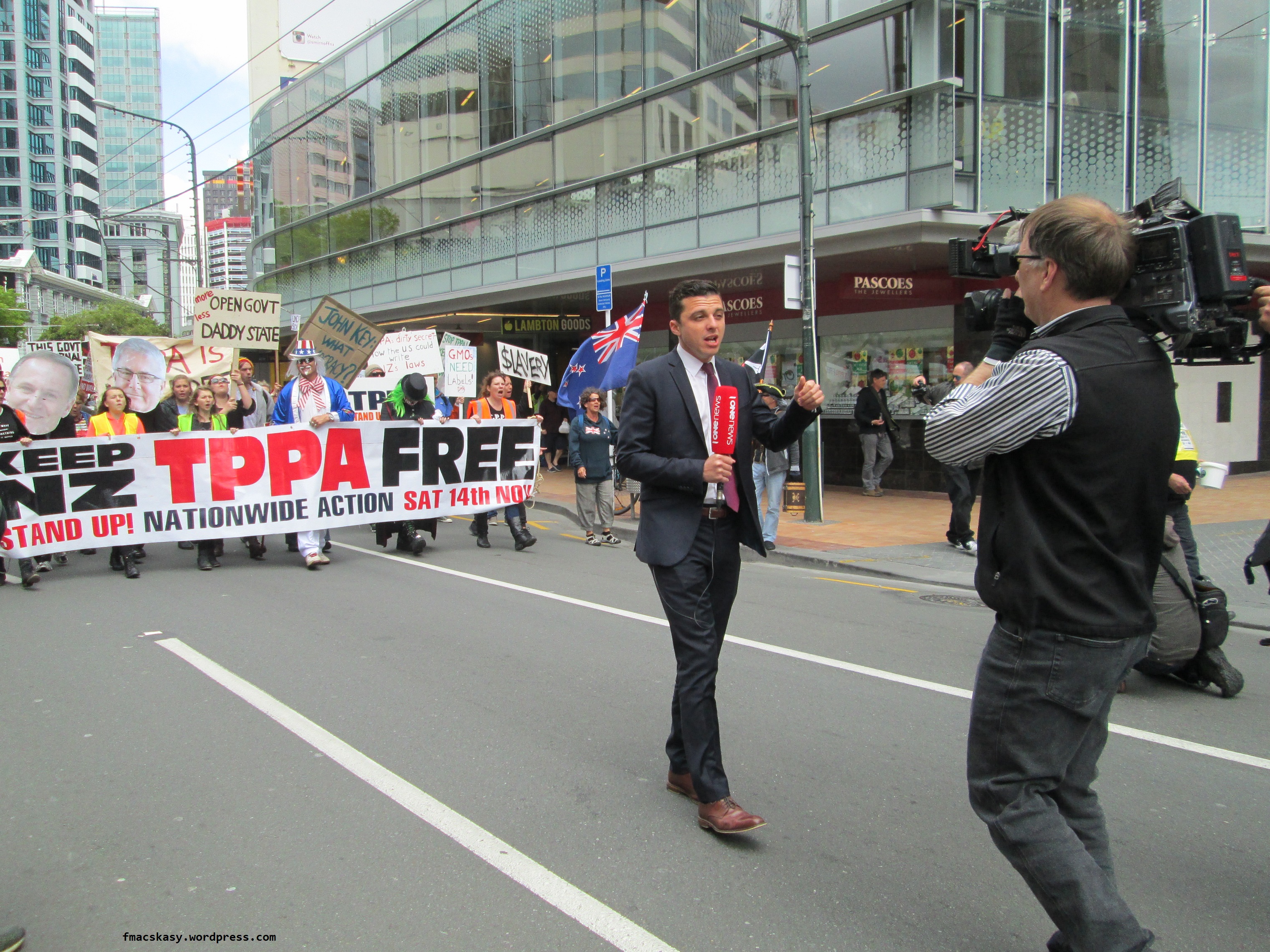
.
As protesters made their way to Parliament, more people joined the march;
.

.
Winding their way along Lambton Quay, numbers had ballooned to around 2,000;
.

.
Ben held aloft New Zealand’s current flag – in many ways symbolic of the struggle to retain something of this country’s independence.
.

.
The TPPA could rightly be seen as a radical change for New Zealand; the submerging of our heritage and culture by forces of globalisation.
Perhaps there is a kind of mad logic to our esteemed Dear Leader’s desperate need to spend $26 million on a flag-referendum when the public has shown little appetite for changing our flag.
If the TPPA is a new, corporatised road for this country, then John Key’s desire to have the silver fern (or some incarnation of it) as our new flag suddenly makes sense. A new flag is the ‘re-branding’ of New Zealand, as part and parcel of a TPPA world.
Having a young citizen – Ben – waving an old, traditional symbol of this country, is made more poignant because of his youth. It is not often that young people hold on to aspects of our Past and Present.
Perhaps, in times of rapid change and uncertainty, we try to hold on to elements of the Past, to anchor ourselves in the Present.
Amongst all the party and union banners and the anti-TPPA signs, Ben’s little Kiwi flag made more sense as a symbol for resistance.
Reaching the Bowen St/Lambton Quay/Whitmore St intersection, there was still a zero police presence. This left March Marshalls with the tricky task of managing traffic flow and permitting protesters pass through safely;
.
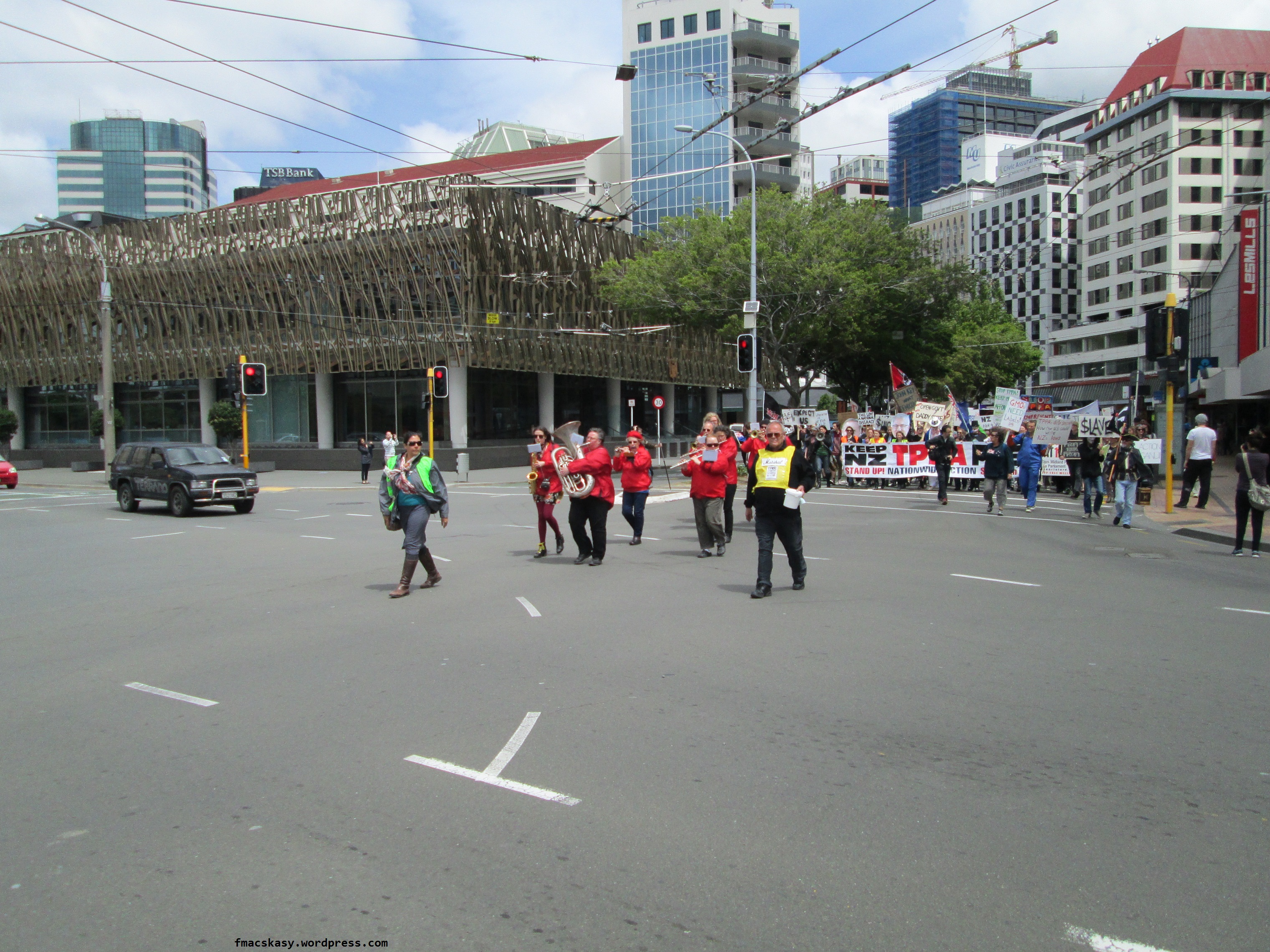
.
I mentioned the lack of police presence to a msm journalist and he agreed; he had noticed the same curious thing. He said it made it him feel nervous.
I agreed, I said. But not because there might be trouble-makers amongst the protesters. I pointed out it would only take one lunatic driver to drive his or her car into the crowd, injuring or killing someone. I recalled a very similar tragic event happening sixteen years ago, during a picket at the Port of Lyttleton.
The march made it’s way past the Cenotaph;
.

.
Usually, at this point, I make my way up onto Parliament’s grounds. This time, I remained at the intersection, my camera ready.
Sure enough, this dark-coloured SUV slowly nosed it’s way amongst the marchers;
.
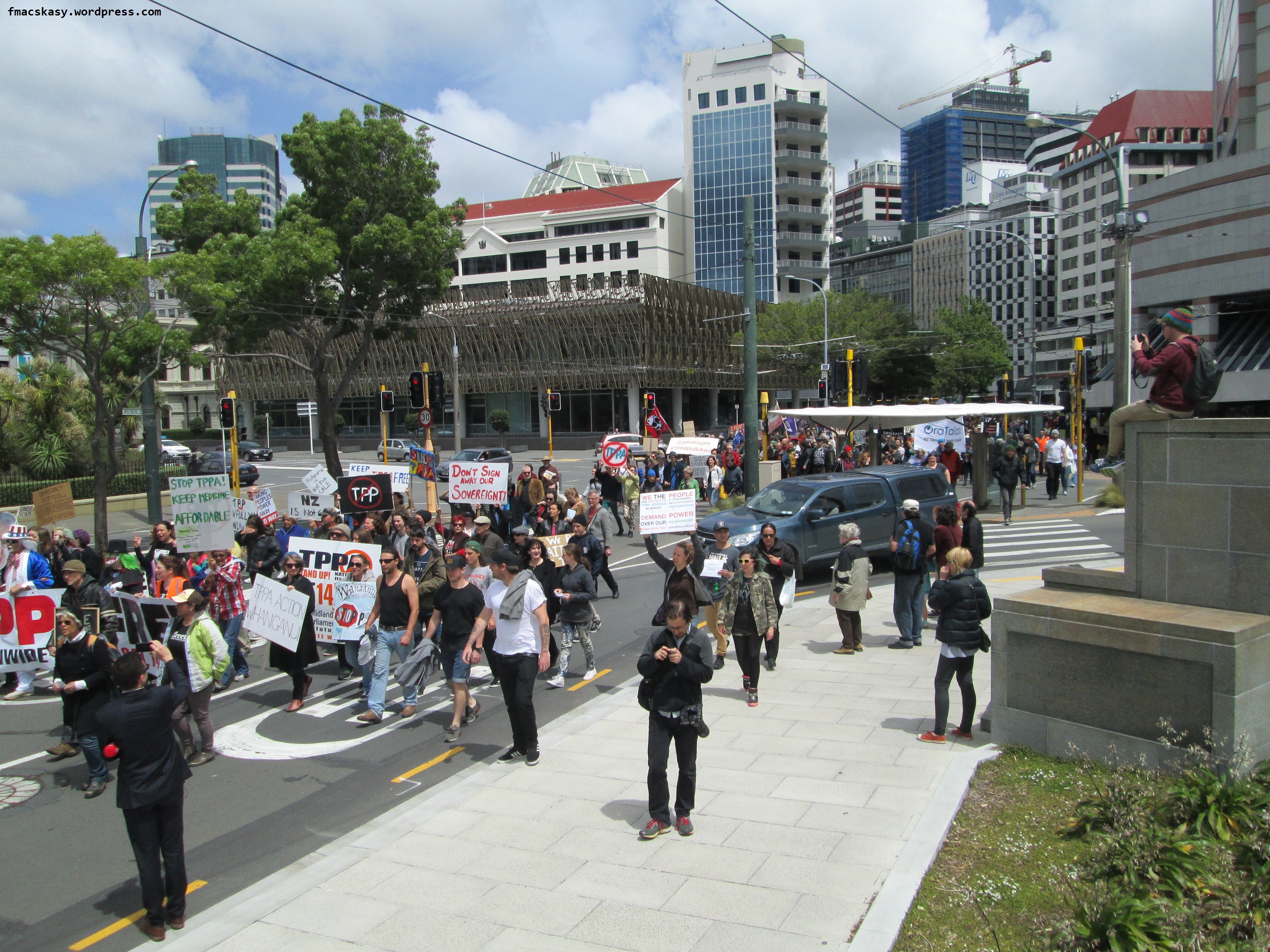
.
The driver moved through the procession, at one point only a metre from people in front of his bumper. I moved closer to the vehicle, continuing to take photographs, to let him know that I was watching and recording. If the driver became belligerent behind the wheel, I would be recording his behaviour before interceding;
.

.
Heading toward the gates of Parliament, another young protester with her home-made sign;
.
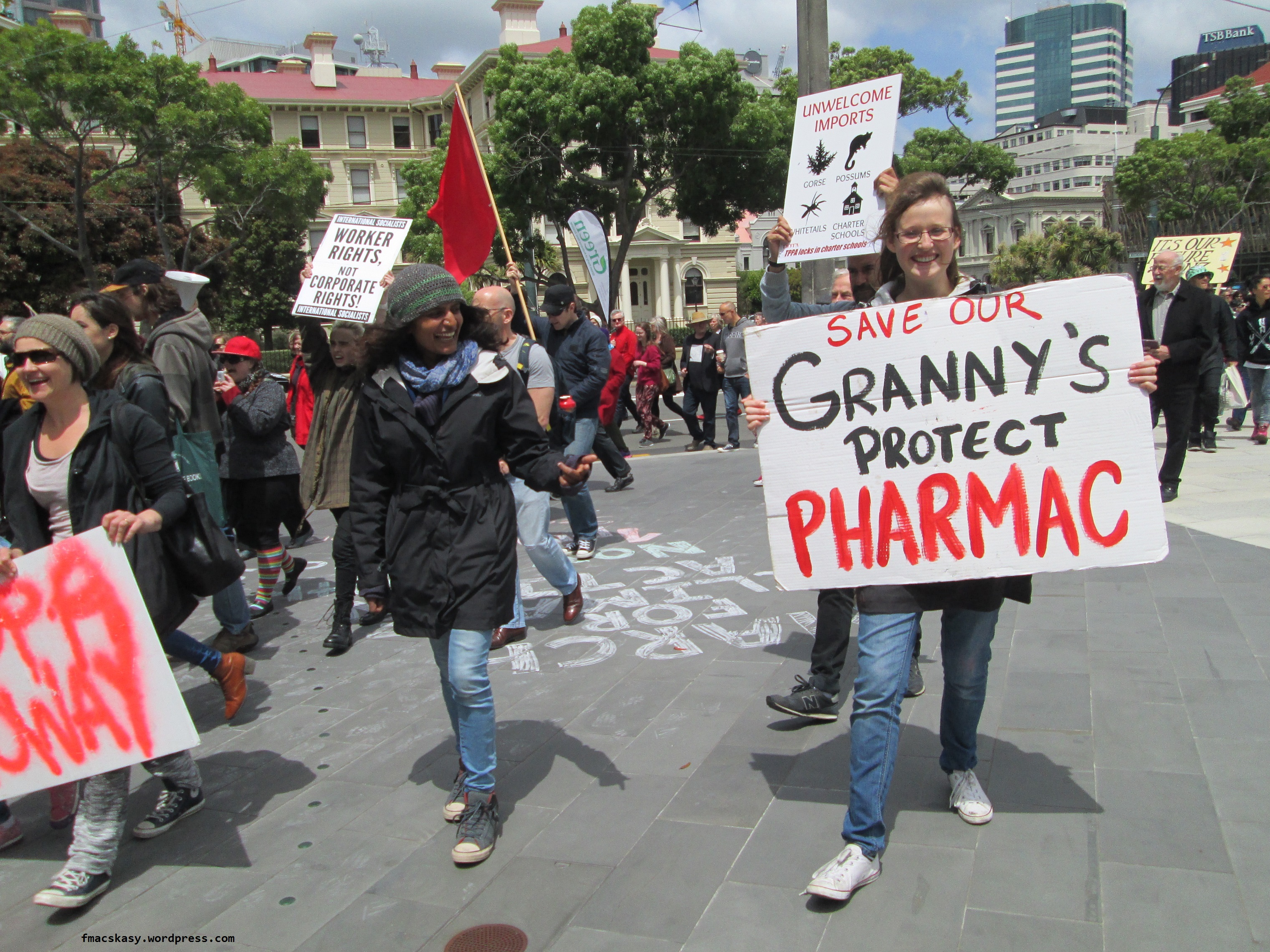
.
Granny expresses her appreciation!
Once the march had moved through the intersection, I noticed a white utility vehicle with its amber lights flashing, to hold back traffic. Whether this was a thoughtful citizen using his/her initiative to control traffic – or had been directed to do so by police or Wellington Council – is unknown;
.
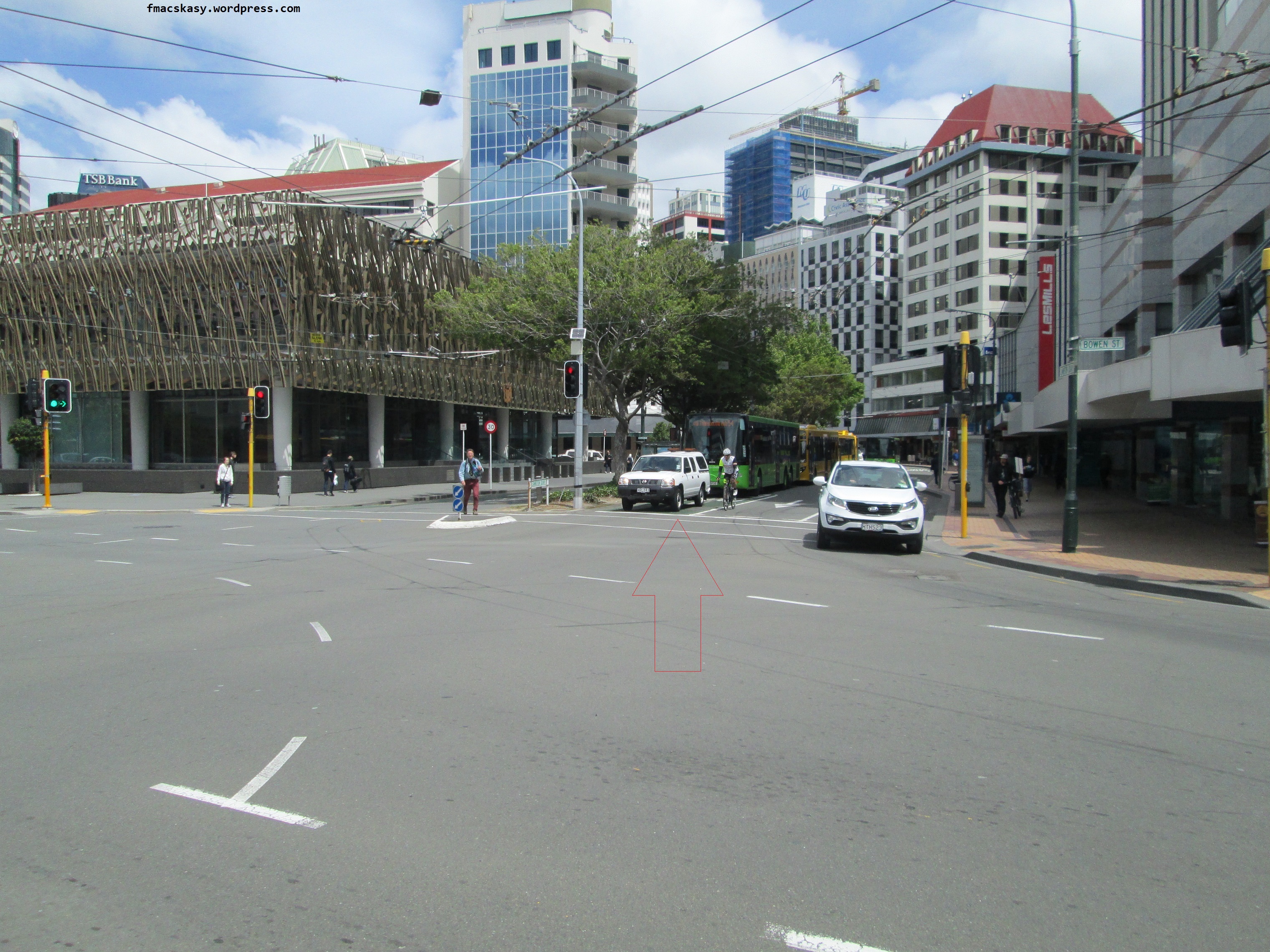
.
A minute later, a sole police vehicle drove past – their role in traffic management (if any), too late for any practical purpose. Protestors had moved off the road and traffic was already moving again;
.
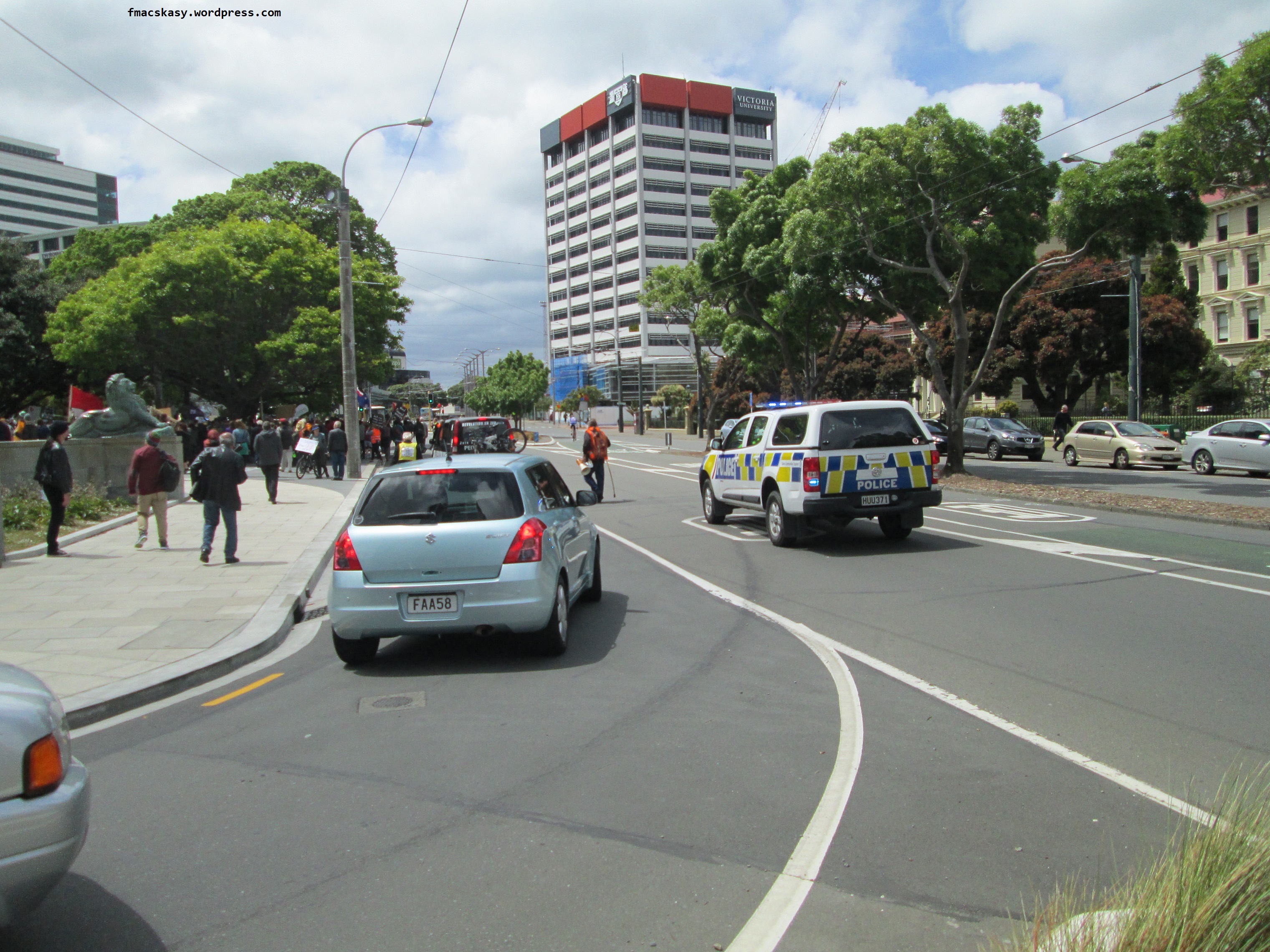
.
As protesters made their way onto Parliament’s grassy lawns, we discovered why there had been no attempt by Police at any form of traffic management. They were waiting for protesters on the forecourt, lined up in front of Parliament’s steps, protecting an empty building;
.

.
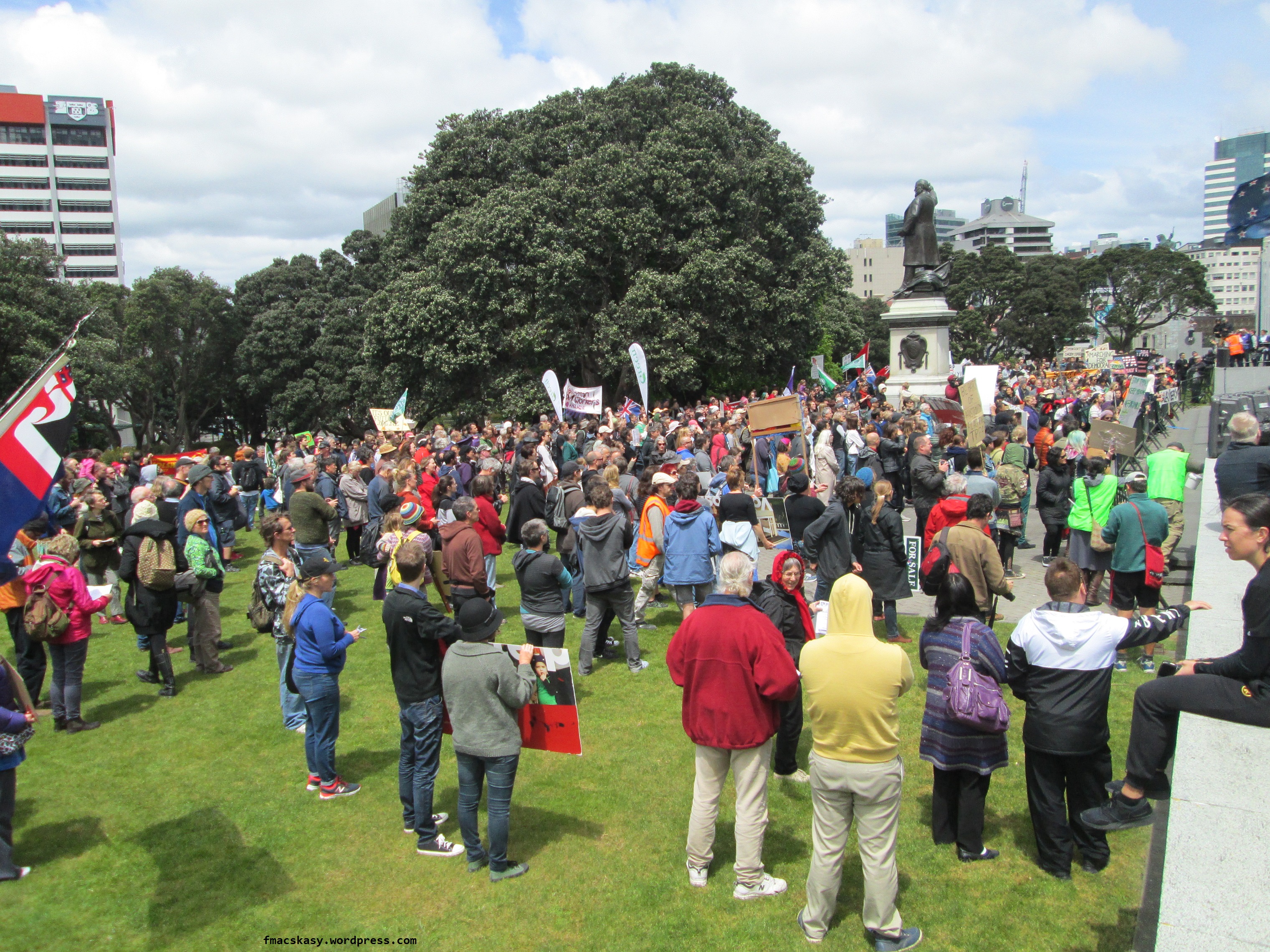
.
The first speaker to address the crowd was environmentalist lawyer, working part-time at Victoria University, Tom Bennion;
.
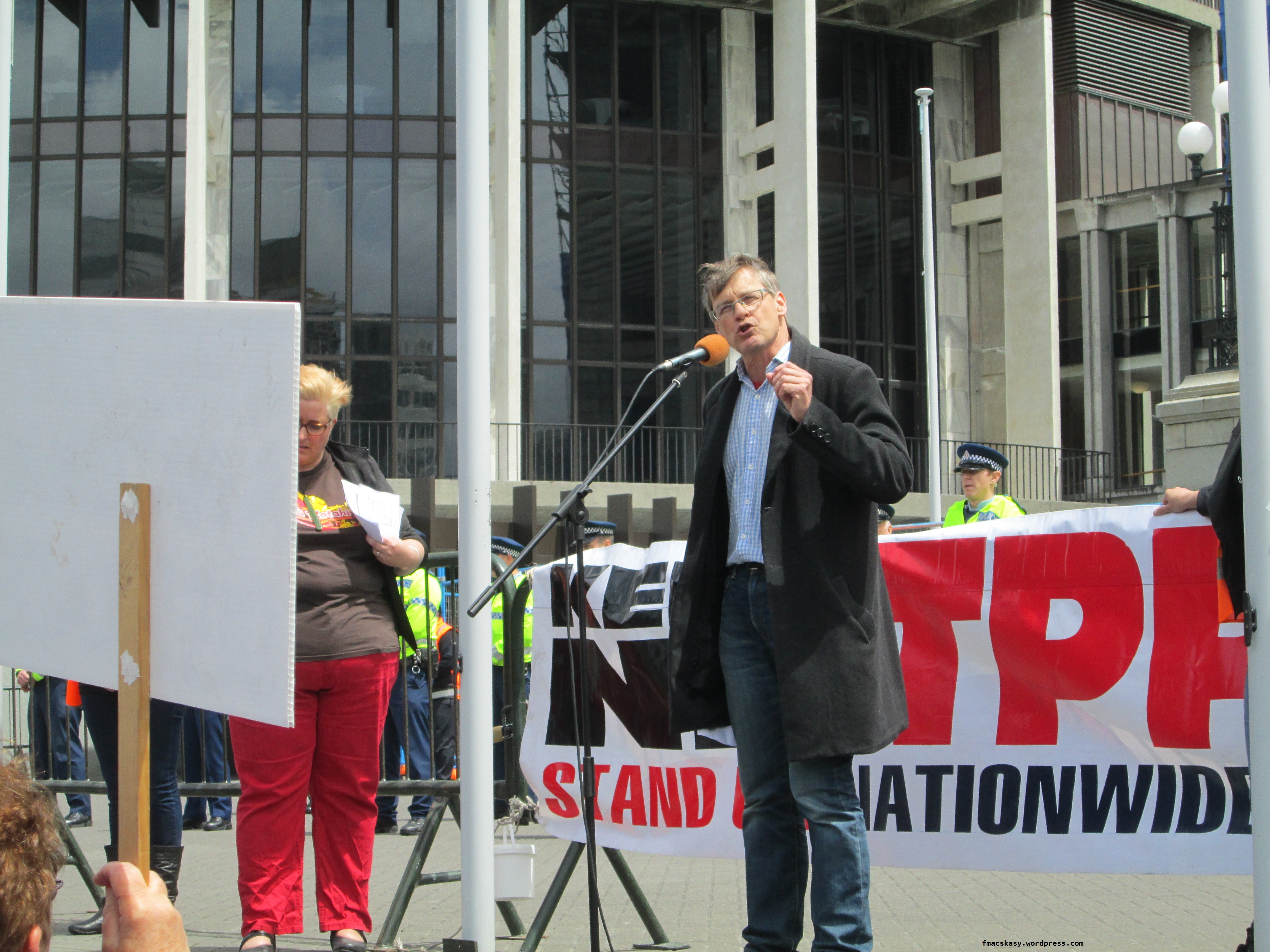
Tom voiced his concern that the TPPA could prevent necessary action being taken to address global warming. The TPPA fell short of environmental protections and gave greater prominence to protecting corporate rights. He said implementing the TPPA would harm our chances for meaningful action on climate change, and demanded that the issue be more fully debated in Parliament.
The second speaker was local Iwi representative and lawyer, Moana Sinclair;
.

.
Moana told the crowd that with thirty thousand pages of TPPA text and other documents to analyse was a daunting task. She was scathing on the TPPA and it’s implications for Maori, saying that as Maori “we already know about this kind of bullshit”. She said that “we still don’t know what’s in the Treaty-related clauses.
Moana rejected reassurances from National ministers saying “we’re sick and tired of their lies”. Without legal analysis of the 30,000 pages of the TPPA and supporting documents, she was sceptical that there were no hidden ‘fish hooks’ waiting to be discovered.
The following speaker was Jimmy Green, from “Gen Zero”;
.
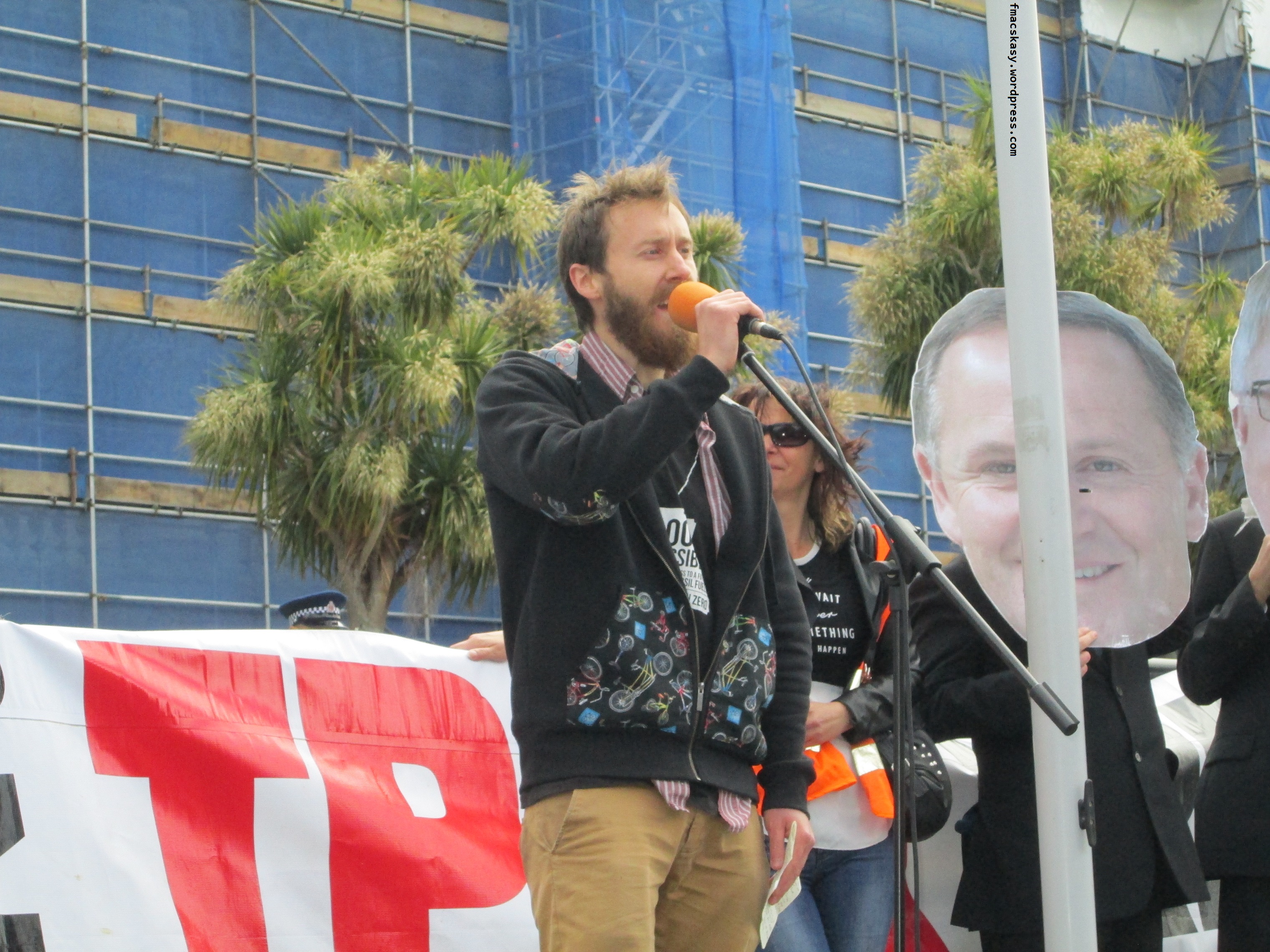
.
Jimmy said he first became interested in climate change issues at the age of 14. The more he found out, he said, the more convinced he became that “it is an insult to our ancestors that we ruin the world for our children”.
Jimmy specifically condemned the Investor State Dispute Settlement (ISDS) provisions of the TPPA, saying that if investments could be put at risk by governments legislating for social, health, environmental, or education issues, then investors should not have made those investments in the first place.
Jimmy described the TPPA as a castle built on sand and that no government can go against the will of the people and survive. He described the TPPA as “just an idea, and ideas can be undone”. He described New Zealanders as generally good people and that Kiwis had the necessary courage to stand up and walk away. He said people might not fully understand the implications of the TPPA and that it was our role to make them understand.
Jimmy was followed by Peace Action campaigner, Valerie Morse;
.

.
Valerie explained that the TPPA was a vehicle to increase massive concentration of wealth to the already rich super-elite. It would benefit the elite ‘haves’ at the expense of the the rest of the world.
Valarie also condemned the TPPA as another means by which New Zealand is increasingly being tied to US and it’s insane war policies. She described the TPPA as part of gangster capitalism. Painting a stark picture of our recent history, Valerie pointed out that New Zealand had been at war for the last fourteen years.
Valerie pointed out there was a massive campaign under way to win the “hearts and minds” of the public to support the ongoing “War on Terror” in Afghanistan, Iraq, and elsewhere. She described the Army games in Southland where “mock” protesters had been beaten up as part of the exercise. Was that what lay in store for ordinary people who chose to protest against their governments, she asked?
“War is not a by-product of US capitalism”, Valerie explained, “it is an integral part of it”. She warned that we should expect New Zealand to become more deeply involved in the US killing campaign;
“If we organise against the TPPA, expect to be labelled a terrorist.”
Valerie’s sobering warnings was followed by poet, Cory Brian;
.

.
Corey read his thought-provoking poem to the crowd, who listened in silence;
My journey begins fresh, anew,
the rush of a city, no longer we west coast few,
day to day select few pray,
for those around them to share their stay
you enjoy that which ancestors build,
your over payed politicians form the Decisions Guild,
to guide a nation as they see fit,culture and heritage not cared for one bit
our farms, our river all sold to market,
and before you find out the hope you’ll kark it,
For if we were ever collectively aware,
then that fat old Decision Guild would have something to fear
But alas that is just not the case,
you all turn away, afraid to face
the fact that generations to come,
may have difficulty seeing the sun,
not only through our cause of pollution,
but also that we struggle for a simple solution
to stem the flow that society has made
its ever pushing tide for culture to fade.
Continue on mankind this path
so it shall read your epitaph:
Man was here but a few hundred years
molesting the earth without any cares
digging, polluting, No consequences,
mother natures only choice left?
to dismantle mans fences,
individually the choices, signs and roads we take
each day increases whats at stake
what would happen if we thought as one?
could we possibly redirect the gun?
away from our mouths that cause this harm,
towards our futures and fast track calm?
It will not be those that we follow,
but us, the new with minds as swift as the swallows,
we are that our past envisioned
the future to mend is our decision!
But how you ask your eyes to me?
Open your Eyes…. Not just those two,
and you shall see,
the page is blank our chapters to write
now take up your pen and create YOUR sight.
With a pen you say thinking im mad
now wait for it and IL point out whats sad
laws are made with but a pen
yet dictate the actions of nearly all men
your headphones occupy your ears,
so that mother culture can lullaby all your fears
your are bound, constricted, unconsciously gagged,
cameras posted everywhere ensure you remain tagged,
livestock bumbling through these concrete streets…
now compare that to the stupid animals you raise, feed, and eat.
Following Corey, Pala from ‘Real Choice NZ’, was given the microphone;
.

.
Pala told the crowd that people think that democracy goes with capitalism. He shook his head and said, “No, capitalism has always tried to squash democracy“. He said this was especially true for indigenous peoples’ rights.
Pala said that the TPPA will benefit only a few and “is at the forefront of the wedge to sharpen inequality between people”. He warned that even if the TPPA fails, corporate power would remain in place, subverting public institutions for private gain, and needed to be constantly fought.
Echoing the sentiments of many other New Zealanders, Pala condemned this government for squandering $26 million on a flag referendum, while insisting there was insufficient money to spend on child poverty. He demanded to know why a referendum could be held to determine our flag, but not on the issue of the TPPA.
Pala ended by reminding us;
” We are in the middle of a serious assault on democracy. Democracy is a living thing, but also a fragile thing as well.”
Pala was followed by long-time anti-TPPA campaigner and Mana Party activist, Ariana;
.

.
Ariana told the crowd that thousands of people across the country were standing up today “for what we believe in”. She condemned the current government as treasonous, saying,
“We need to get these neo-liberal bastards out of our country. It is a mockery of democracy when this important issue will be decided by only twenty people in Cabinet!”
She said there was only one way to get rid of this government, and that was to get everyone voting in 2017.
Ariana said that the TPPA was not good for New Zealand and certainly not good for small businesses. She wanted to see support for local businesses grow, and not the empowerment of multinational corporations.
Ariana encouraged everyone to put up “TPPA Free Zone” signs, as New Zealanders did in the 1980s, during the nuclear-free campaign. The signs could be downloaded from Facebook and other websites.
As many others have pointed out, Ariana stated that the TPPA was an investor-corporations “bill of rights” and not about free trade.
Citizens listened intently to the speakers;
.
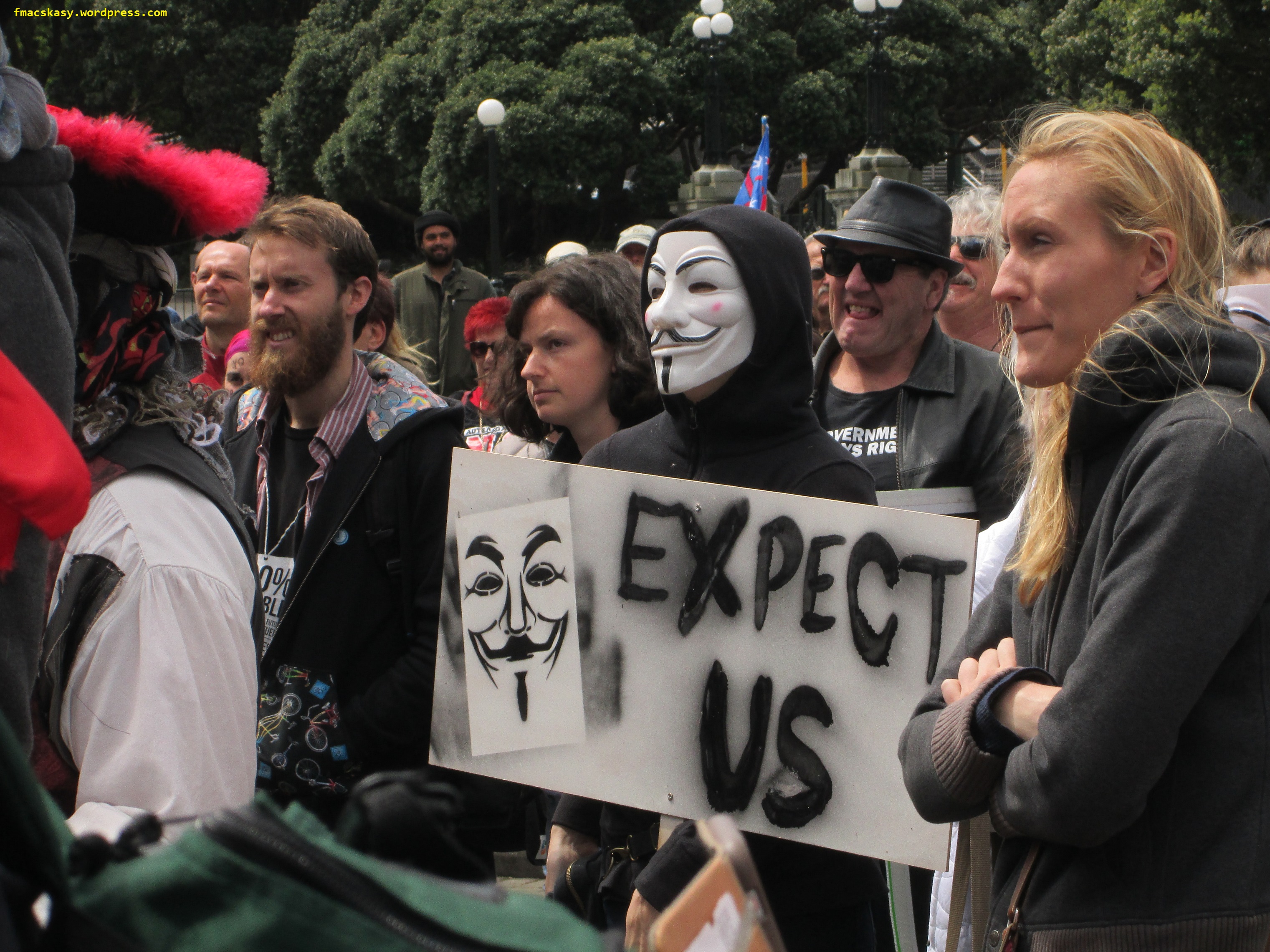
.
The last speakers were also the youngest, Tracy and Katie, who have played their part in the anti-TPPA campaign;
.

.
Introducing Tracey and Katie, Ariana told the crowd how they forfeited “Trick or Treating” at the Robbie Williams Concert, and instead worked through the evening handing out TPPA leaflets to the concert-goers.
This elicited a mass-cheer and clapping from the crowd.
Tracey told the crowd that her annual school speech was on the topic of – the TPPA!
“Kia Ora My name is Tracey… I am 13 years old… Today I am here as I am worried about what will happen to mine and my friends’ future if the TPPA is signed!!!! I have on many times handed out fliers and chalked for people to google TPPA…Many people have seemed interested in what I have had to say whilst handing out leaflets… Though some people have not and have been quite nasty!! Ha ha Mum was always there to give them some facts! This year we had to write a speech for school the topic was “There is a problem in New Zealand and I can solve it by? well you can just guess what I talked about – Yes, the TPP… It was very one-sided as there was nothing from the government because it was a deal being done in secret, but there were plenty of articles about why we shouldn’t sign it from lessons learned overseas … This is my future this government is playing with and I say Don’t SIGN the TPPA.”
Katie spoke passionately on climate-change affecting her future;
“Kia Ora My name is Katie …. I am 12 years old. Today I am here like you because I am worried about what will happen to mine and my friends’ future if the TPPA is signed!!!! I have on numerous occasions handed out fliers and chalked for people to google TPPA… The reason I do this is because I have been to many very interesting discussions where people have passionately spoken about our Country and the TPP, And NO never any good news, if there was, the bad was way worse than the good! … I have been to many TPP rally meetings and rallies… Mum has made sure we are at most of them!… Her point of view is, We will not go to her in a few years time and say, but Mum you guys could have done something to stop it!!! Why didn’t you???? So here we are!! And look at all of you, so I am guessing you all agree with us as you are here too! Thank you for helping stand up for a better NZ for us all… TPPA NO WAY!”
Tracey and Katie are ambassadors for the generations that will inherit our country – indeed our planet. We cannot ignore their voices.
Finally, no protest rally is ever really completely done without at least one excellent artist to perform for the crowd. In this case, Matiu Te Huki belted out two great songs, to everyone’s joy;
.
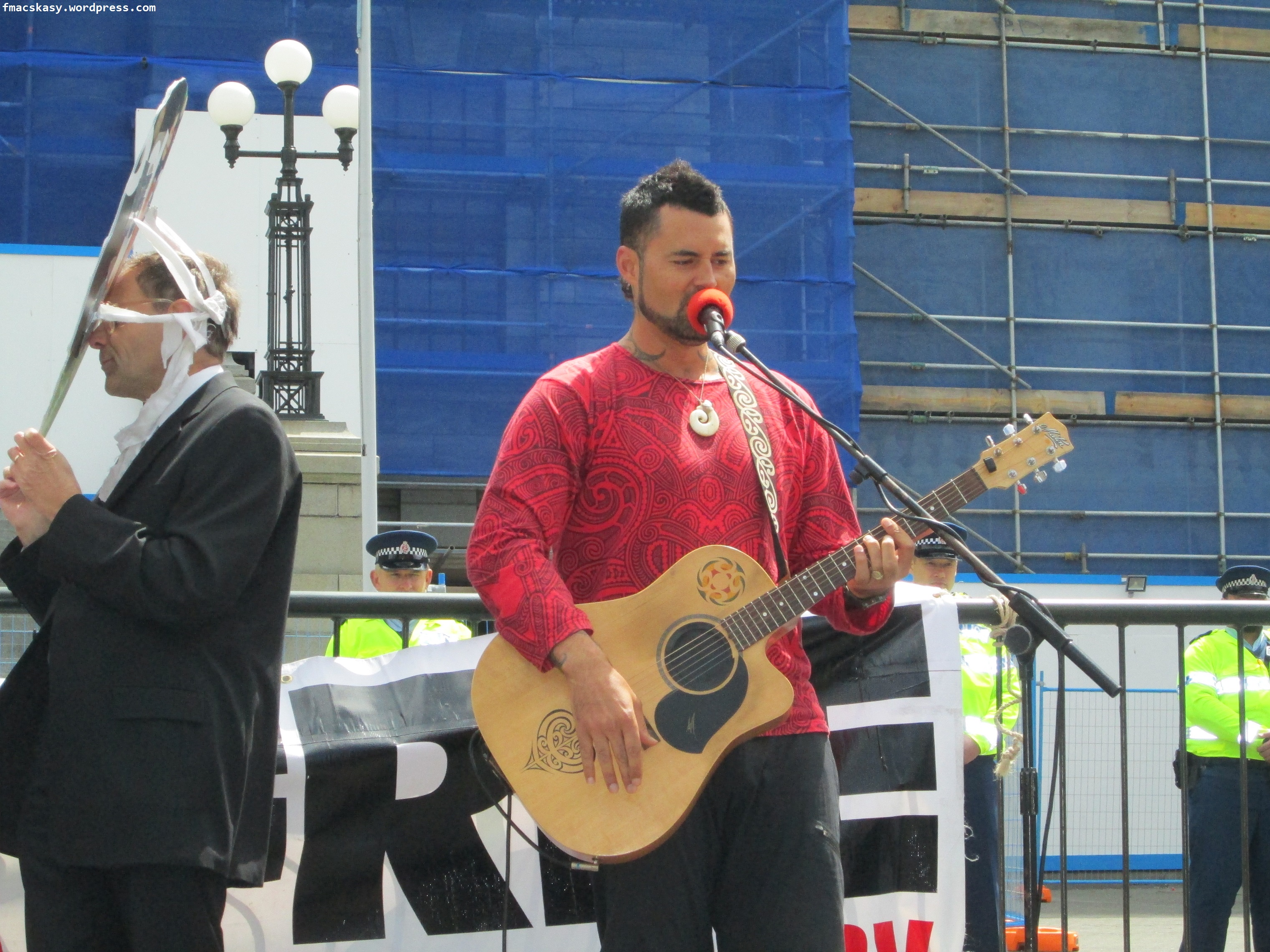
.
Matiu’s voice did real justice to the songs he sang.
On that ‘note’…
Whilst I won’t point out which policeman or woman it was, I spotted one in the police-line tapping his/her foot, in time to the music. Constables – you’re allowed to enjoy the music. We really, really don’t mind.
The last word, I leave to the maker of this simple – but insightful – message;
.
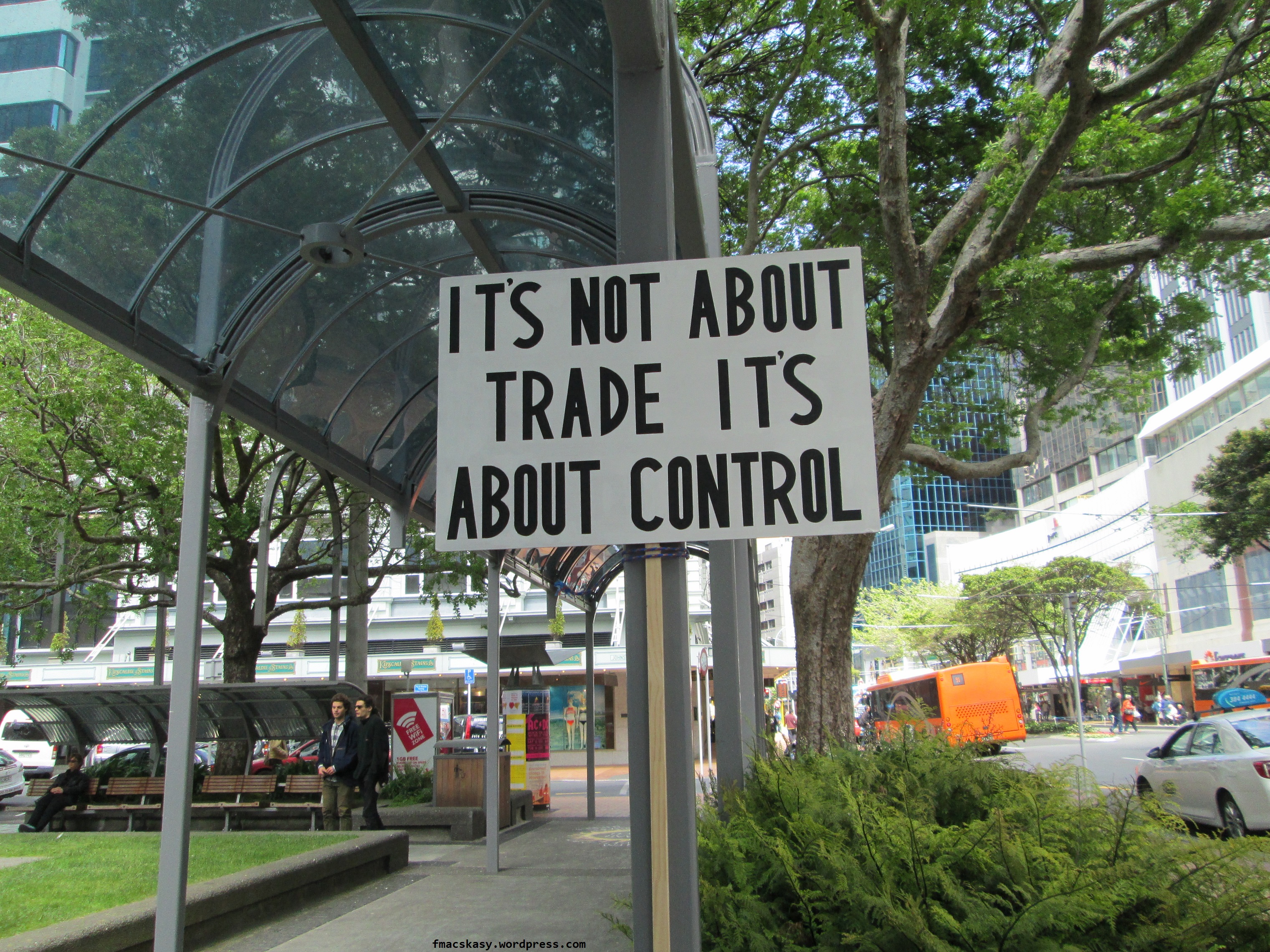
.
Tomorrow: The TPPA March – Something concerning regarding the Police presence at Parliament on Saturday afternoon.
.
.
.
References
NZ Herald: Sentence for Lyttleton picket line fatality too light – union
The Daily Blog: Keith Rankin – White Trite
Facebook: TPPA Free Zone and Action plans
Te Papa: Nuclear free sign
Previous related blogposts
Citizen A – 29 Nov 2012 – TPPA Special
TPPA: Business launches propaganda campaign
TPPA: Doomsday scenarios, Critics, and flights of fancy
Open message to the Middle Classes about the threat of the TPPA
Nationwide Rally Against the TPPA – Day of Action!
They marched against the TPPA and the threat to our sovereignty (part tahi)
They marched against the TPPA and the threat to our sovereignty (part rua)
The Mendacities of Mr Key #5: Has Tim Groser shown the P.M. to be a liar on the TPPA?
Nationwide Day of Protest Captures Public Attention on TPPA
Opposing the TPPA – the Heavens hold their deluge ’till the People speak
Citizens face Police armed with tasers at Wellington TPPA protest march
Support groups
Facebook: Oil Free Wellington
Facebook: It’s Our Future – Kiwis concerned about the TPPA
Website: It’s Our Future
Facebook: Aotearoa is Not for Sale
Action Stations: A Secret Trade Deal So Terrifying That Parliament Isn’t Even Allowed To Know What It Says
Facebook: TPPA Action Group – Wellington
OraTaiao New Zealand Climate and Health Council
Copyright (c) Notice
All images stamped ‘fmacskasy.wordpress.com’ are freely available to be used, with following provisos,
» Use must be for non-commercial purposes.
» Where purpose of use is commercial, a donation to Child Poverty Action Group is requested.
» At all times, images must be used only in context, and not to denigrate individuals or groups.
» Acknowledgement of source is requested.
.
.
.

.
.
= fs =
TDB Recommends NewzEngine.com




